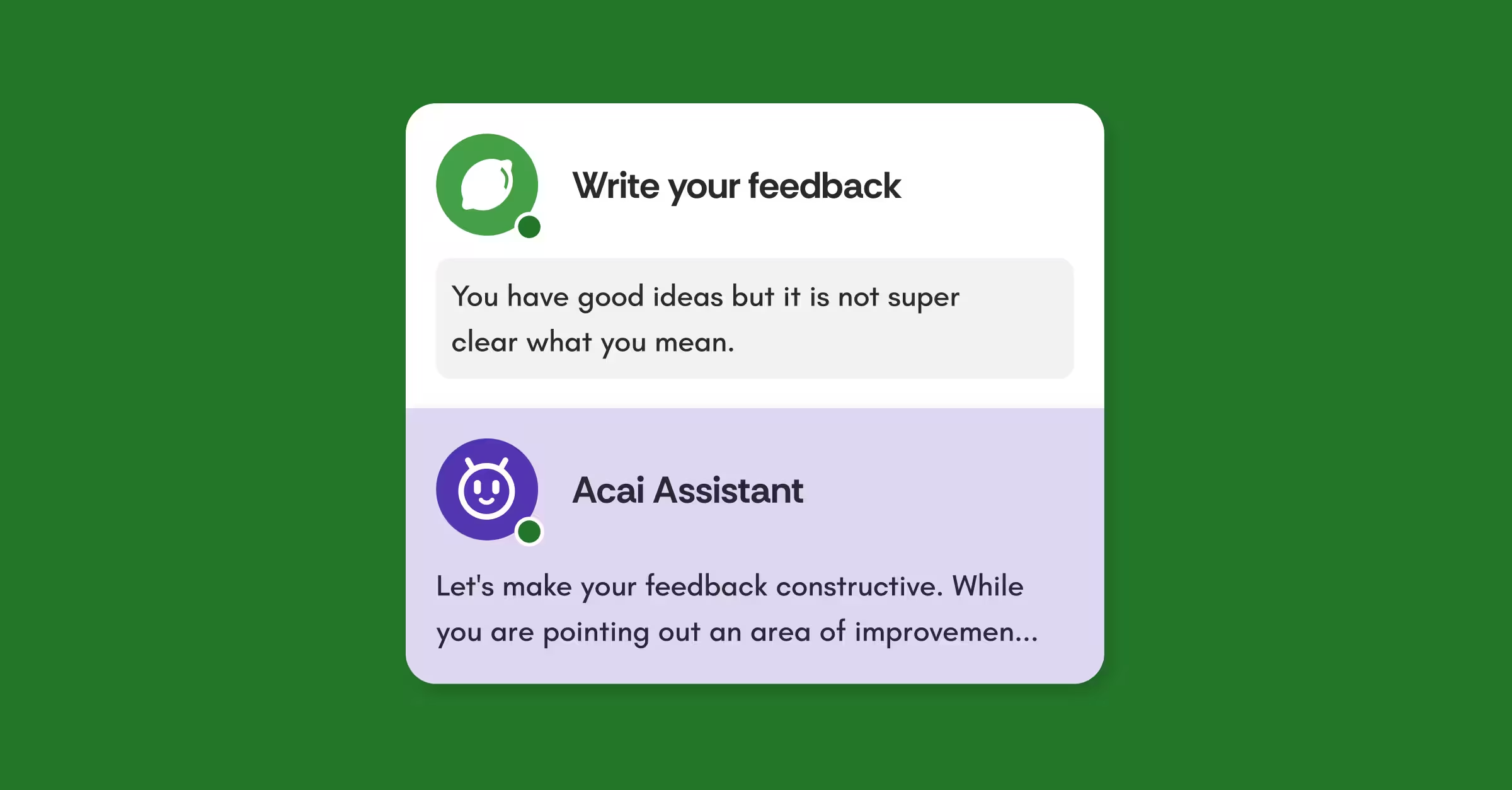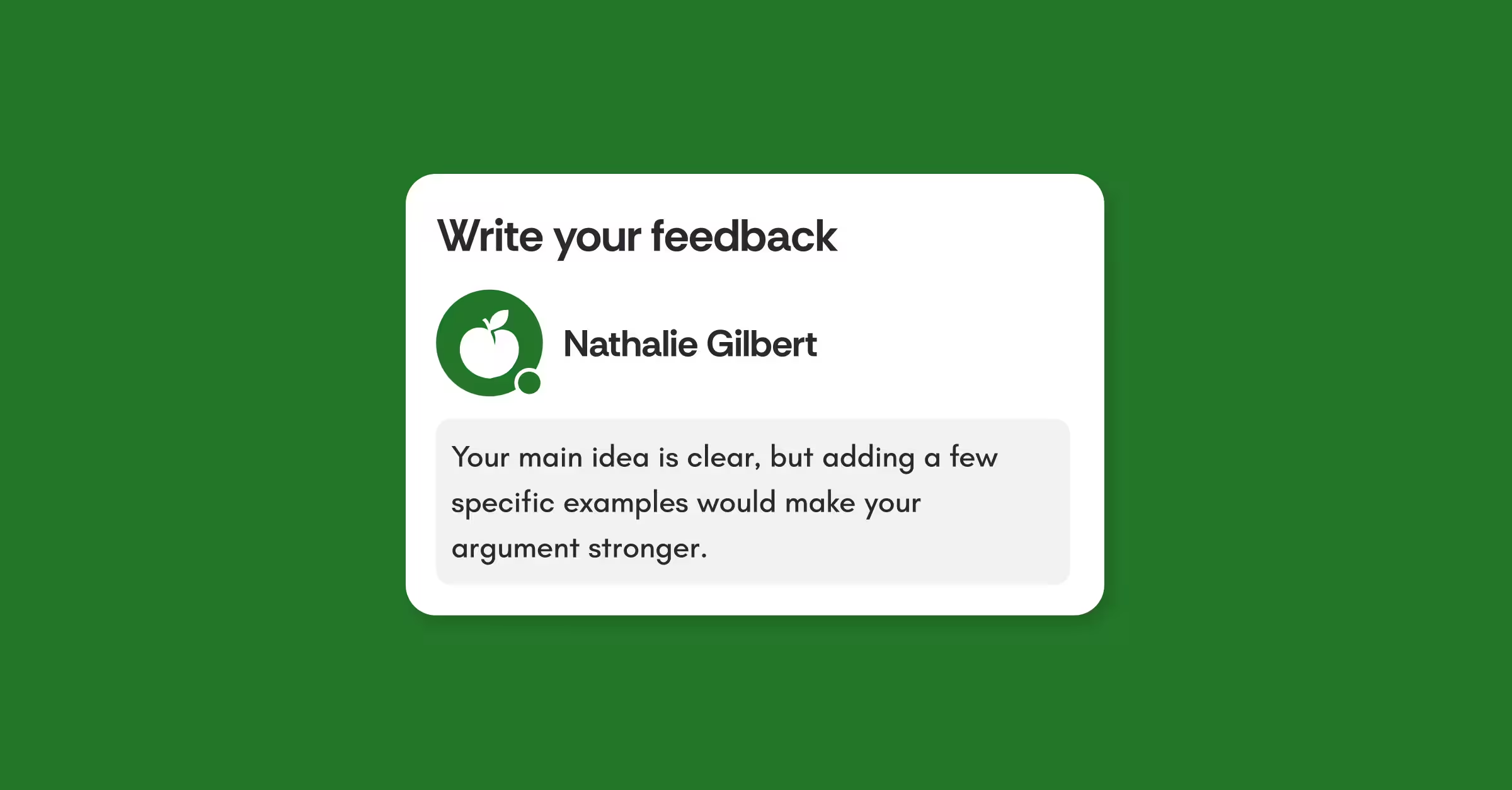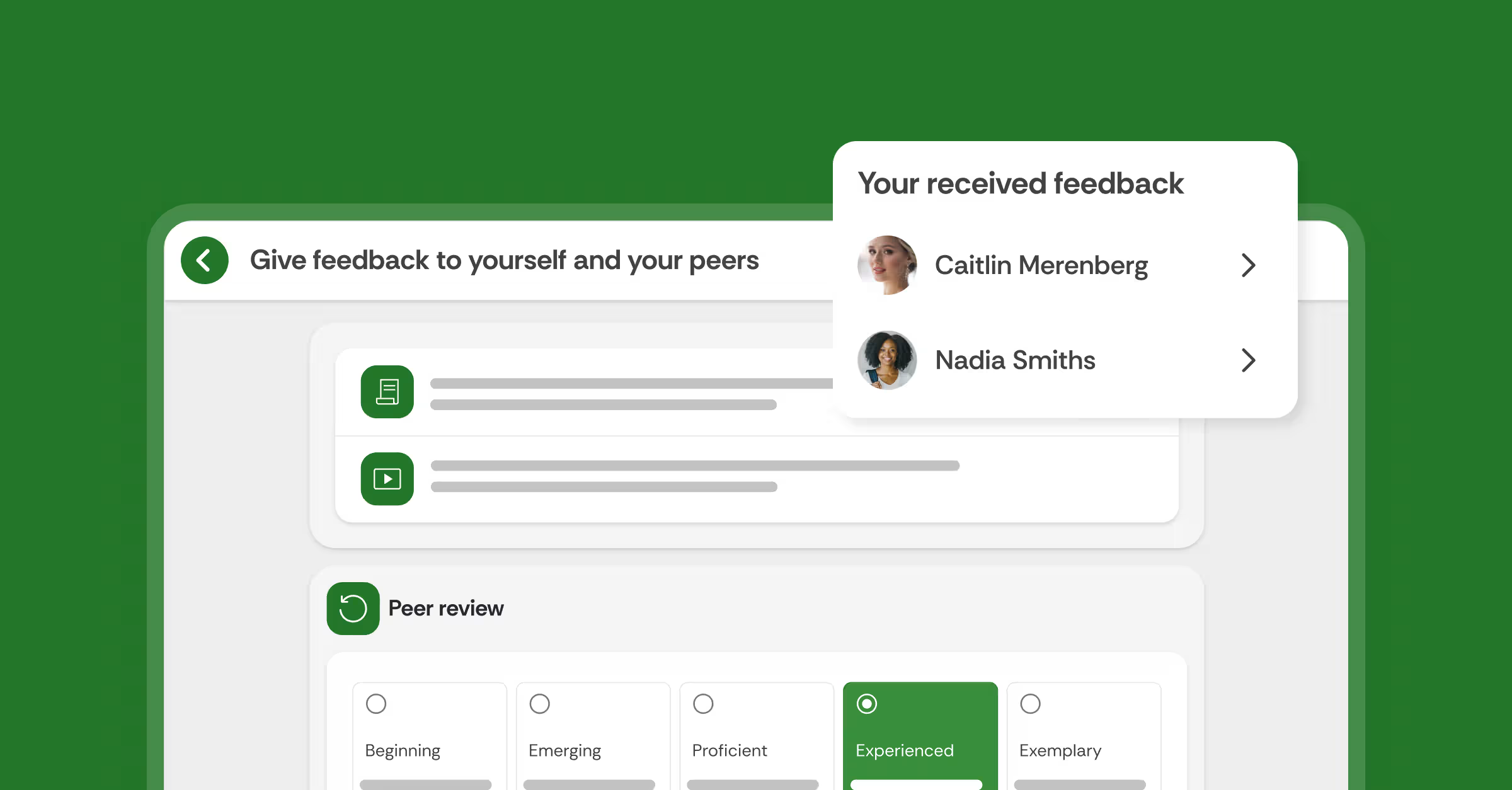10 lessons I learned from teaching online during the pandemic
About the author: Matteo Rinaldi received his master’s degree in Communication Sciences from the University of Amsterdam and currently works there as a Junior Lecturer, teaching bachelor’s students in the Department of Communication Sciences.
We all know it: online teaching and learning has been the hero without a cape of the last academic year. In many ways, it saved education during the terrible time that the pandemic has been. In many others, teachers and students had to be saved from it due to the huge amount of work required to move a massive amount of practices and materials from the offline to the online world. Indeed, online education and technology have proven to be able to enrich students' retention of knowledge, especially when it is about enhancing group work and interactivity in class.
I started teaching already amidst the big waves of cases, infections, insecurities, and technical issues. Although we were all a little anxious about how to give the best education possible to our students, the amount of work that the IT team, coordinators and teachers put into organizing and delivering the courses has been incredible.
While everybody can’t wait to go back to in-class teaching, online teaching made us realize many things about what it means to be a teacher today. These are the 10 most important lessons that I will carry with me when I will hopefully start seeing my students face to face more.
1 | Your colleagues are important
Sometimes we forget that we are not the only ones struggling at work. And when it comes to teaching, especially when we are forced into an online environment, being able to work as a team is paramount. I could have never done it without the help of all of my fellow teachers. Whether it was a last-minute meeting about some technical issues, or a simple exchange of material and advice, nurturing good relationships with them acquired even more importance for me.
2 | Students are even more important
Indeed, there would not be teachers without students (even though the opposite is also true). During the time I spent teaching online, many issues arose. Some of those were strictly related to the online scenarios, while others had to do with students’ private lives. All in all, I (re)learned what a teacher should always do: listen.
Students may have a lot of issues coming from the most unexpected places. Their enjoyment and results in the education world depend also on the way we are able to show them how to tackle obstacles in many aspects of life. Lending an ear to their thoughts and concerns is a great way to connect with them and show them that education is not only about passing assignments. Nevertheless, remember that there are things that, as teachers, we are not the most qualified to do. Sometimes, I felt the desire to help my students in areas where I am not the most proficient (especially when their personal life is concerned). In those cases, remember that pointing them to the right person is a way of taking care of them more, and not less.
3 | When you struggle, so do your students
One of the most powerful lessons coming from online teaching and learning is that, paradoxically, I got to know more about my students’ lives, their doubts, their little joys and dramas. When physical distance increased, they searched for more contact. I had talks with some of them who were struggling with depression and anxiety, others who were so interested in the study material they wanted more to read and study from. Showing them humanity (see point 4) also means remembering that there is much more to your students than their grades and their questions. This was an incredible experience and opportunity to understand how students approach my lectures, my content, and so on.
4 | Keep it humane
When online, it may be very tempting to rely on announcements, learning management systems, or email to communicate with students. These instruments are extremely effective and straightforward, especially if you want to make your students feel isolated and treated like a cog in the academic machine.
I found that treating students as human beings is something you can never go wrong with. Start your lectures with a bit of chit chat where you can show that you remember what they said in the lecture before. At the end of the lecture, ask a person to choose a band or a song to put on during the breaks. Add moments to discuss and talk about your lecture and let students work in groups. Use polls online like Mentimeter to ask questions related (or not) to the lecture at the end of class. Avoid the classic “introduction rounds” in the first lecture and opt for something more interactive and fun (see Mentimeter above, where you can ask questions of any kind and then show the result in nice graphs). All these things can (should) be brought also to on-campus lectures.
5 | Interactivity reigns: create your own assignments
Do you want your students to engage in your lecture, and not only be passive receivers of your words (which they will probably forget in a couple of hours)? Promote interactivity. During online classes, my students were the most interested and engaged when we were working with in-class assignments. Do not be afraid to let your imagination run wild and then put into action that debate you have been thinking about for so long. Those fun videos you saw on youtube that you can use to explain some difficult concepts in your philosophy classes? Go for it. Don't be afraid of experimenting! Use role play, props, and highly specific case studies, so your students can live the material, not simply learn it. Could it be an option to let students in a business course develop their own investment strategy to learn how the market works? They might love it.
And what they might not love? You, talking for two hours straight about supply and demand or Kant and Hume.
6 | Time management, time management, time management
If I could write it more without making it look like your computer had an issue on this page, I would. If time management (time management, time management) is usually very important, these online times taught me that it is actually fundamental. Without a tidy agenda, it would have been impossible to manage the number of meetings, Zoom calls, and lectures. To this, a teacher must also add students’ deadlines, possible individual meetings with them, and remember to allocate time to grade assignments, create slides, and prepare for the different readings. Given the fact that I was working from home, it was really easy to lose track of time or get distracted. Knowing that specific times were allocated to specific tasks kept me going and organized, especially when multiple courses and deadlines started to overlap.
7 | Clear deadlines and rules from day one
The online environment was able to point out all the sensitive points in my teaching schedule and organization. One (rather painful) lesson I learned is that clear deadlines and rules are not only good for students, but for yourself as well. Let’s be honest: if you are clear from the beginning, you will always be able to say “I told you!”, which is a great source of relief. Most of the time, though, you really do not want to lead your students onto a wrong path, paved with misunderstandings and forgotten deadlines that would ruin their educational experience. Dedicating some time during the first lecture about everything the students need to know (mandatory presence, email and in-class etiquette, deadlines, etc.) is the best idea you will ever have and the future you will thank you.
8 | Feedback matters
Maybe because it was online, maybe because Generation Z is the generation that is at ease the most in the digital world, but I received quite a lot of feedback on my lectures (not always overwhelmingly positive, but always useful). Sometimes, teachers are so used to being in an authoritative position that we forget that a good teacher is a perpetual student. Learning from your mistakes is central to being a good instructor. During online teaching times, I had to come to terms with my faults and limits, and even start to search for feedback more.
Ask questions about what your students would like to get more or less in your class, make some time to ask (also anonymously through an online survey platform) how much they like the organization of your lectures. Not all of their comments will be helpful, but your future self will thank you for listening to them. Again.
9 | Divide your work time from your free time
Working online (and especially working from home) showed me how easy it is to keep working for too long hours, or to not have a well-balanced schedule. I am guilty of that as well: sometimes I found myself working at 11 PM because I got lost in other chores and duties and was still struggling to set my agenda correctly (see point 6, see point 6, see point 6).
Downloading the Canvas and Outlook email applications on my personal phone was also a mistake. There were emails from students or staff coming at any hour of the day (and sometimes of the night). Having a work phone does not help either, according to research, but has negative impacts on work conditions, work-family balance, and wellbeing [1].
It is really good to have a space at home where you can work, and one where you can relax. If you cannot have it (like me), take the habit of doing something to close your work-day. A walk works wonders and also allows you to get physically distant from your work tools (leave that phone at home!). Sport is great, or a bit of mediation. You’ll discover your own way!
10 | Coffee helps (but do not exaggerate!)
I will just say it, because it will not sound any better if I wait. I am not crazy about coffee. Being Italian probably makes this even worse (for some reason). In this society where we all agree on the fact that if you drown yourself in coffee then it means you are doing a great job at work (please, somebody explain this to me), I felt like I was the biggest of the imposters.
However, I started drinking some of it, and I have to say it helped during some blue, slow mornings (especially those grey, grey Dutch winter days). Most importantly, having coffee has a great upside: it brings you closer to your colleagues (when you are allowed at the office). You meet them at the coffee machine, you take a short break with them and exchange pleasantries as well as advice. It is not just a way to wake yourself up, but a way to go back to point one and to collect feedback and exchange tips. And I will say this: I truly enjoy the occasional coffee now. Maybe that’s the Italian in me finally showing interest in the sweet black syrup of focus!
Do you share the same thoughts with Matteo and find these useful for your teaching? Then share this article with your colleagues. You can find more content like this by visiting our other articles, or subscribing to our newsletter to receive great pedagogical resources.
References
[1] Demerouti, E., Derks, D., Lieke, L., & Bakker, A. B. (2014). New ways of working: Impact on working conditions, work–family balance, and well-being. In The impact of ICT on quality of working life (pp. 123-141). Springer, Dordrecht.
















![[New] Competency-Based Assessment](https://no-cache.hubspot.com/cta/default/3782716/interactive-146849337207.png)










